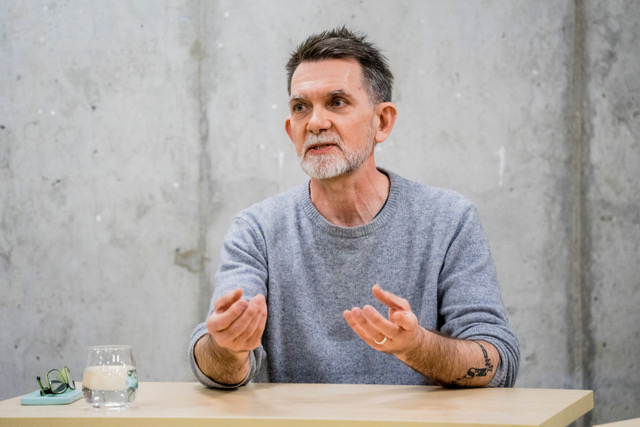Abstract: In 2015, the United Nations (UN) General Assembly identified 17 sustainable development goals (SDGs), described as a “shared blueprint for peace and prosperity for people and the planet.” These goals include an end to hunger and poverty, a reduction in inequalities, and the achievement of climate goals. The target for achieving the SDGs was set as 2030 – an ambitious aim given the scale of the problems these goals seek to address. This presentation will offer a short introduction to the SDGs, beginning with an assessment of the idea of “sustainability” as it developed in the post-war period.

How far has the UN come in achieving these goals? Are these the right goals to work toward which we should work to achieve social, economic, and environmentally sustainable development?
Imre Szeman is the inaugural Director of the Institute for Environment, Conservation & Sustainability and Professor of Human Geography at the University of Toronto Scarborough. A cultural theorist distinguished for his contributions to the study of the social-cultural and political challenges of effective energy transitions, he has also received distinctions for his research on globalization and culture. Szeman is a fellow of the Royal Society of Canada. He is author (most recently) of “On Petrocultures: Globalization, Culture, and Energy” (2019) and completing work on the edited collection “Energized: Keywords for a New Politics of Energy.”
Great Explorations, is a series of academic discussions we hope will inspire our communities. Our special thanks to our engaged, critical thinkers who attend our speaker series. The dialogues that came out of these talks, both in-person and online via Zoom, are integral to our campus community and Scarborough communities at large. We welcome your input for future topics, as well as a review of previous recorded sessions available on YouTube.